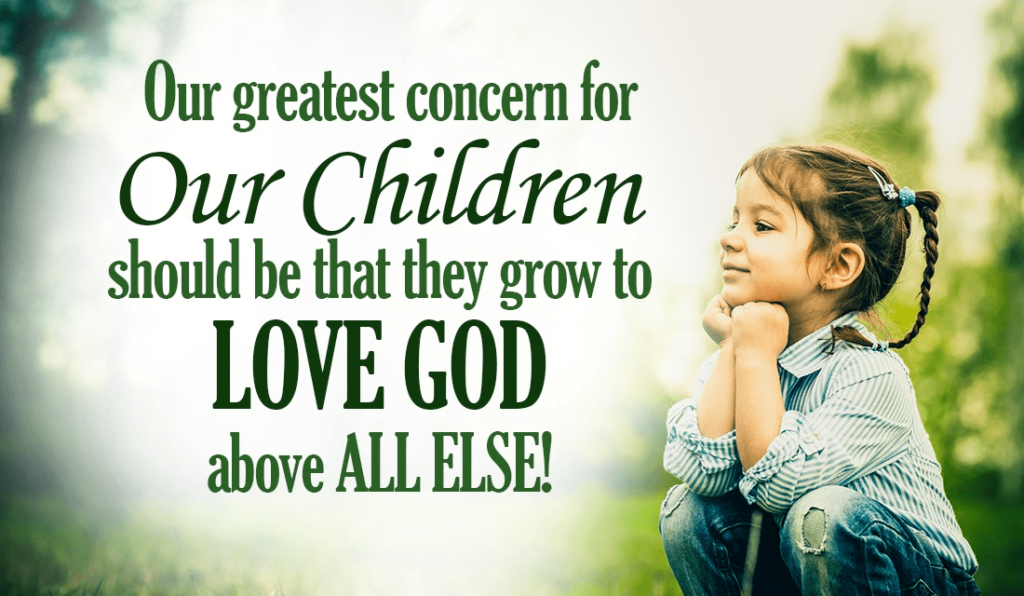Becoming a parent has profoundly deepened my understanding of the unconditional love of God. Compelled to love my children without condition, without reservation, I often wonder: Does God’s unconditional love for us equate to a parent’s love for a child?
A parent’s love is often perceived as powerful and unconditional, transcending faults, mistakes, and circumstances. Parents forgive, support, and care for their children regardless of their behavior or actions. Similarly, God’s unconditional love is described as a deep, unwavering love for each individual, irrespective of their flaws, mistakes, or sins.
While the comparison between God’s love and parental love helps illustrate the concept of divine unconditional love, the relationship between humans and God is unique and transcendent. God’s love is perfect, infinite, and beyond human comprehension – a love that is all-encompassing, unwavering, and eternal.
Even as we remain sinners, mired in our darkness, God demonstrates His complete love for us through Jesus. How, then, do we teach our children to rely on the unconditional love of God?
Dictating behavior to our children often falls short in fostering their growth. Instead, we must embody the values we wish to instill. This involves modeling a heart of gratitude, a soul of obedience, and a mind of dependence on God.
The homily at Mass this morning illuminated a pressing question: Why do people want to love God but choose to love Him conditionally? How can the love of Jesus be so attractive yet so demanding at the same time?
Love is the beginning and the end, the purpose for which God created us. Made out of love, our goal is to be united with Him in His kingdom. This love defines our identity as children of God and helps us transcend history. Claiming to love God without living according to His love is self-deception. The kingdom of God is for those whose love surpasses all else. Jesus shows that love is a personal sacrifice, giving oneself for the good of others.
John the Evangelist writes, “For God so loved the world that He gave His only Son,” illustrating that true love involves self-giving. This love heals and transforms, freeing us from fear and selfishness. God’s love compels us to give our best, as everything we have belongs to Him. This gift is poured into our hearts through the Holy Spirit.
We often struggle to align with God’s immense love due to our sinful pride. This love can overcome fear, doubt, and loss of faith. Our love for Him is a response to His love for us. We must allow His love to fill and transform us. In summary, discerning and embracing God’s will transforms our lives.
As parents, when we model this behavior, communicate these values to our children, and explain the reasons behind them, our children are more likely to emulate us. Instead of relying on their own strength, they will rely on God’s strength. Instead of complaining or fretting, they will trust in His faithfulness. And instead of going their own way, they will rest in His love, knowing that He will take care of them, even when the path isn’t clear.


